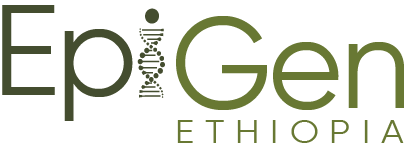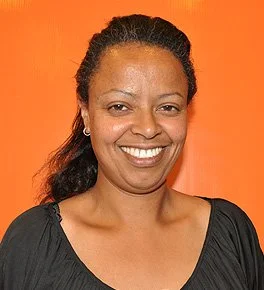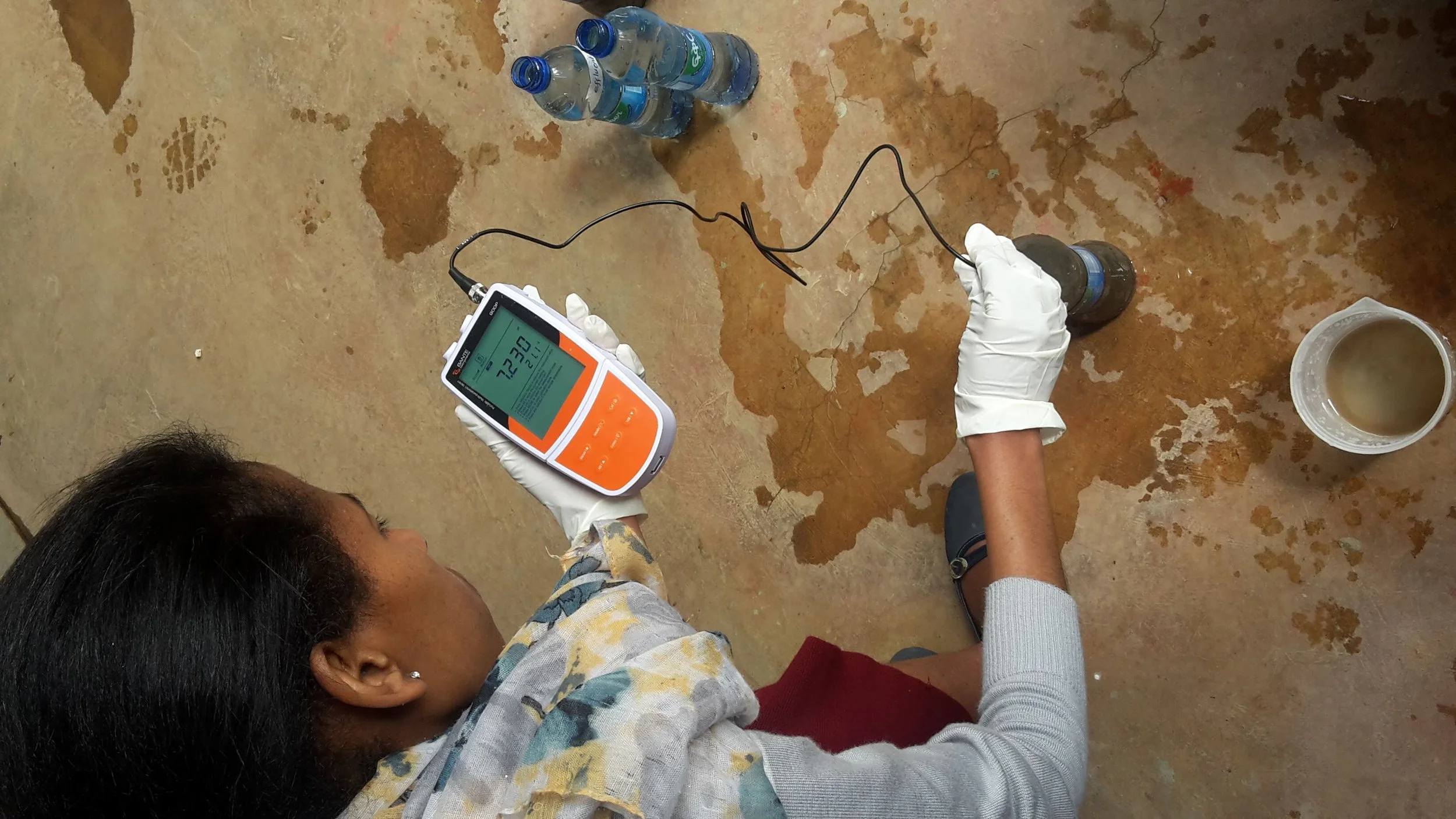EpiGen(der) Committee launched to empower female researchers
Female members of the EpiGen Ethiopia consortium have launched the EpiGen(der) Committee – an initiative aimed at fostering mentorship for female researchers and academics, while creating a dedicated space to reflect on and discuss the role of women in global health.
Prof. Adey Feleke Desta
The committee aims to empower female researchers to grow and thrive in a traditionally male-dominated field by facilitating peer support, capacity-building, and advocacy.
In its first session, the committee welcomed Prof. Adey Feleke Desta, associate professor of environmental biotechnology at Addis Ababa University. Prof. Desta is a leading academic in the Department of Microbial Sciences and Genetics and is affiliated with the Africa Center of Excellence for Water Management. Her research focuses on the biological treatment of industrial wastewater, particularly tannery effluents, as well as the gendered impact of water pollution on smallholder farming and public health.
As an African Women in Agricultural Research and Development (AWARD) fellow and committed mentor, Prof. Desta is a strong advocate for women's inclusion in science and higher education. Her work champions sustainable and affordable solutions for environmental health challenges, and she has consistently supported the leadership development of young women researchers across Ethiopia. During her talk, she shared reflections on navigating gender dynamics in academia, highlighted opportunities for transformation through mentorship, and encouraged emerging female professionals to lead with confidence and purpose.
The EpiGen(der) Committee looks forward to hosting regular sessions with inspiring leaders like Prof. Desta, as it continues to build a supportive and gender-sensitive research community within the EpiGen Ethiopia consortium. Female members of the consortium who would like to join the committee can contact Lea Liekefedt or Lauren Fromont.
Prof. Adey Feleke Desta’s research focuses on the biological treatment of industrial wastewater, particularly tannery effluents, as well as the gendered impact of water pollution on smallholder farming and public health.


